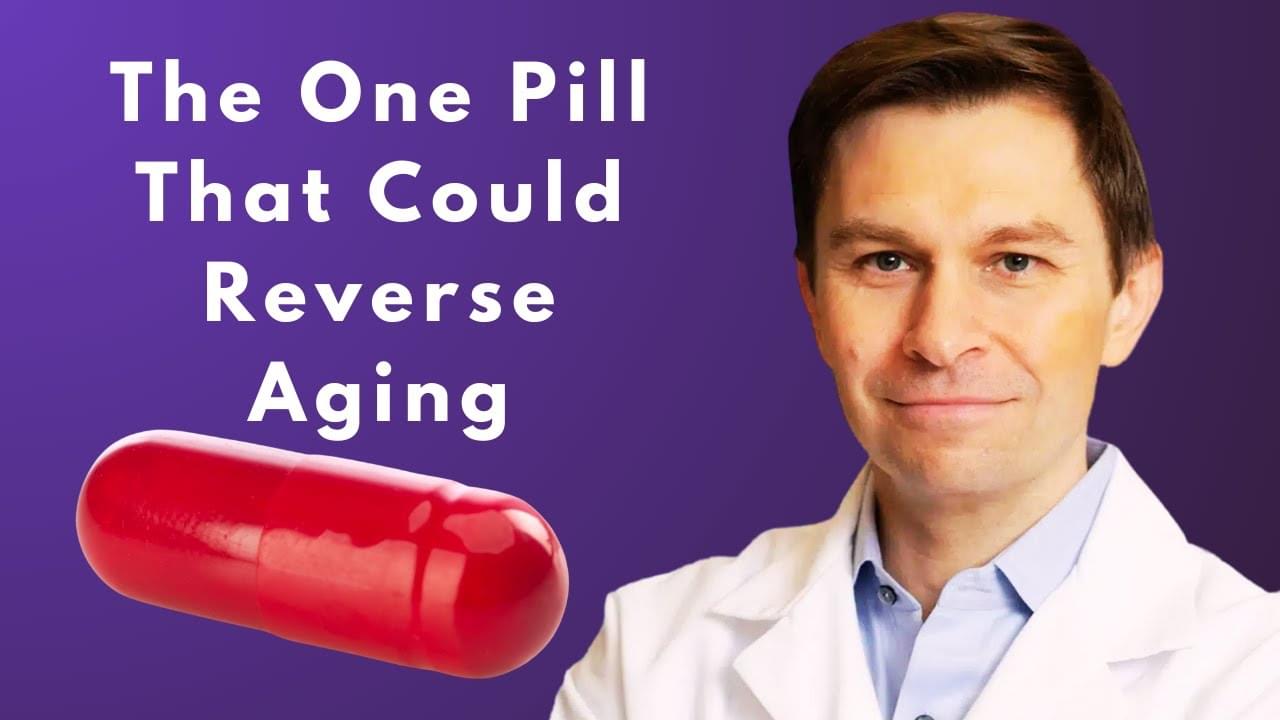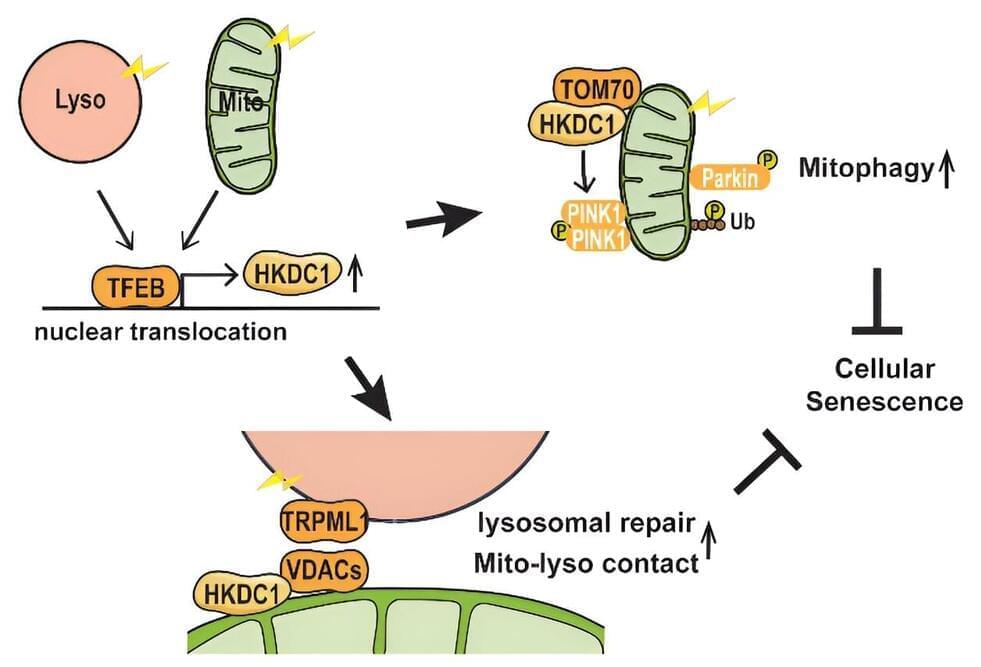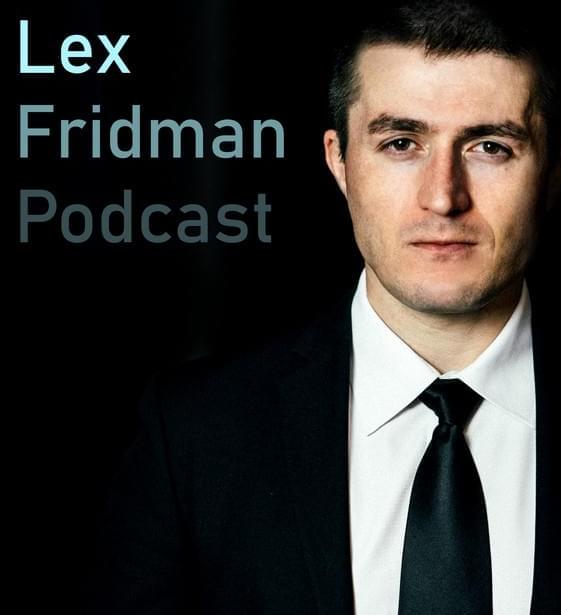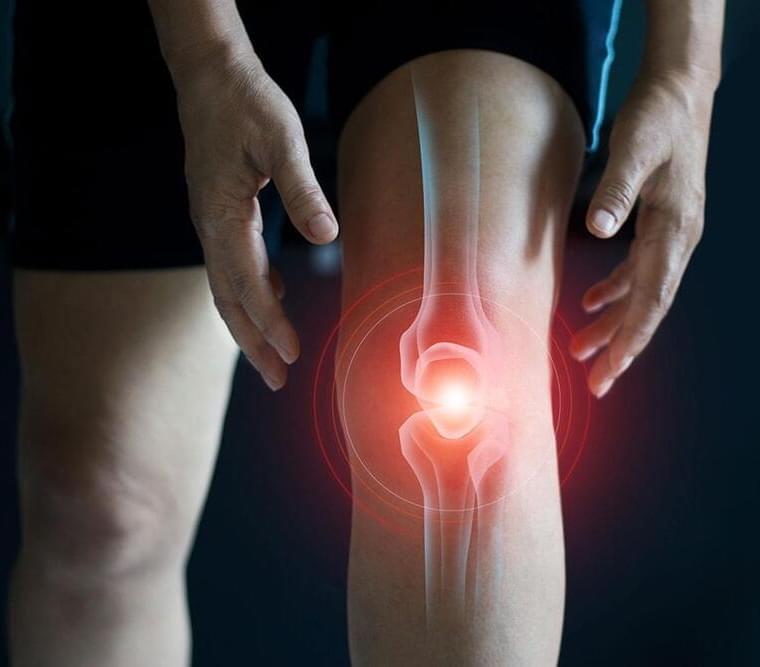Archive for the ‘life extension’ category: Page 69
Jan 2, 2024
HKDC1 protein found crucial to maintaining two mitochondria subcellular structures, mitochondria and lysosomes
Posted by Paul Battista in categories: biotech/medical, employment, life extension
Just as healthy organs are vital to our well-being, healthy organelles are vital to the proper functioning of the cell. These subcellular structures carry out specific jobs within the cell; for example, mitochondria power the cell, and lysosomes keep the cell tidy.
Although damage to these two organelles has been linked to aging, cellular senescence, and many diseases, the regulation and maintenance of these organelles have remained poorly understood. Now, researchers at Osaka University have identified a protein, HKDC1, that plays a key role in maintaining these two organelles, thereby acting to prevent cellular aging.
There was evidence that a protein called TFEB is involved in maintaining the function of both organelles, but no targets of this protein were known. By comparing all the genes of the cell that are active under particular conditions and by using a method called chromatin immunoprecipitation, which can identify the DNA targets of proteins, the team was the first to show that the gene encoding HKDC1 is a direct target of TFEB, and that HKDC1 becomes upregulated under conditions of mitochondrial or lysosomal stress.
Jan 1, 2024
NMN Supplement Trial: Shocking NAD Results and Health Benefits after 11-month trial
Posted by Chris Smedley in category: life extension

After taking the so-called longevity supplement NMN for 11 months, alongside my 80-year-old parents, in this video I reveal our surprising test results! Plus I discuss the effects of NMN that we experienced, whether we intend to keep taking it long term and why. #longevity #nmn #healthyaging
Dec 31, 2023
This years biggest breakthroughs in longevity (2023 edition)!!!
Posted by Montie Adkins in categories: chemistry, genetics, life extension, sex
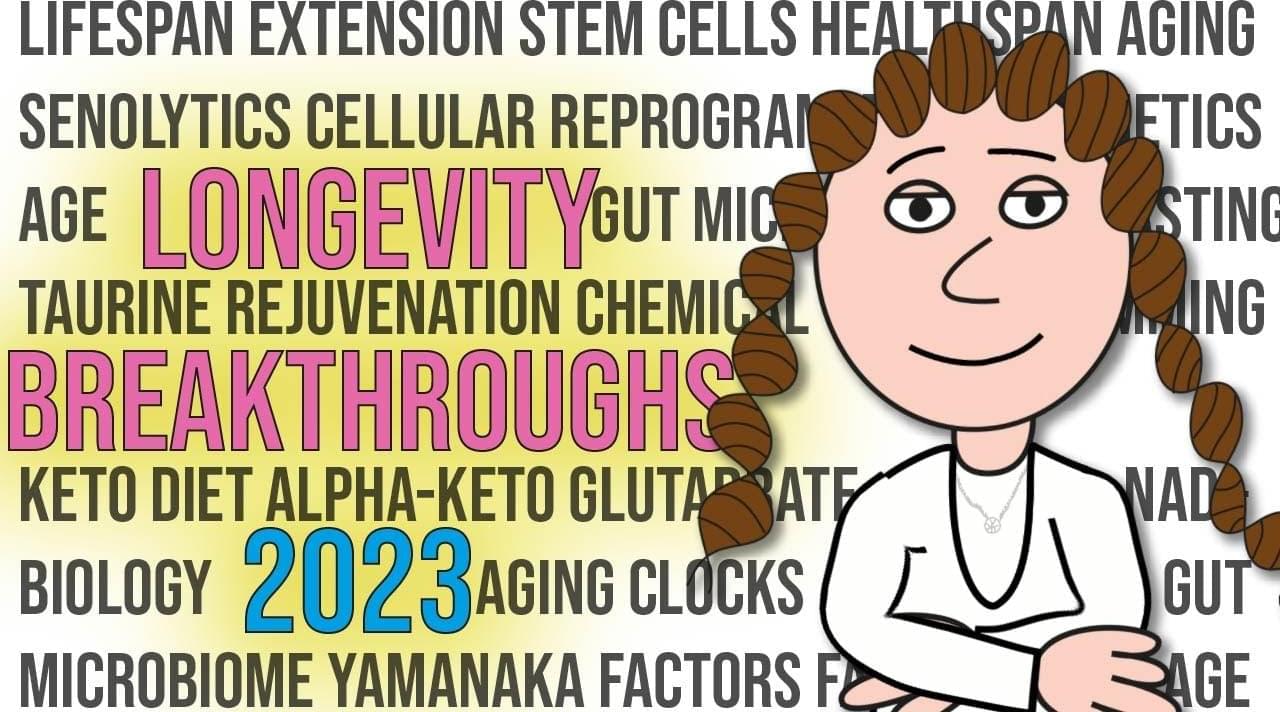
Every year I compile what I think were some important contributions to longevity research. Here is my list for 2023.\
\
Find me on Twitter — / eleanorsheekey \
\
Support the channel \
through PayPal — https://paypal.me/sheekeyscience?coun… \
through Patreon — / thesheekeyscienceshow \
\
Intro — 00:00\
\
What causes aging? — 00:32\
Hallmarks Of Aging: An Expanding Universe \
The DREAM Complex Functions As Conserved Master Regulator Of Somatic DNA-Repair Capacities \
\
Biomarkers — 02:00\
The Aging Biomarker Consortium Represents A New Era For Aging Research In China\
Longitudinal fundus imaging and its genome-wide association analysis provide evidence for a human retinal aging clock\
A Foundation Model For Generalizable Disease Detection From Retinal Images\
\
Cellular reprogramming — 04:30\
Chemically induced reprogramming to reverse cellular aging\
Loss of epigenetic information as a cause of mammalian aging\
In vivo reprogramming leads to premature death linked to hepatic and intestinal failure\
\
Lifespan extension — 07:30\
Astaxanthin and meclizine extend lifespan in UM-HET3 male mice; fisetin, SG1002 (hydrogen sulfide donor), dimethyl fumarate, mycophenolic acid, and 4-phenylbutyrate do not significantly affect lifespan in either sex at the doses and schedules used\
Taurine deficiency as a driver of aging\
Dietary supplementation of clinically utilized PI3K p110α inhibitor extends the lifespan of male and female mice\
Optogenetic Rejuvenation Of Mitochondrial Membrane Potential Extends C. Elegans Lifespan\
Reversal Of Biological Age In Multiple Rat Organs By Young Porcine Plasma Fraction\
Multi-Omic Rejuvenation And Life Span Extension On Exposure To Youthful Circulation\
\
Biotechnology — 13:50\
Intravascularly infused extracellular matrix as a biomaterial for targeting and treating inflamed tissues\
Intradermally delivered mRNA-encapsulating extracellular vesicles for collagen-replacement therapy\
\
Why we age — 15:15\
Ageing as a software design flaw\
The Longevity Bottleneck Hypothesis: Could Dinosaurs Have Shaped Ageing In Present‐Day Mammals?\
Reconsidering Life History Theory Amid Infectious Diseases\
Blood Group A Enhances SARS-CoV-2 Infection\
\
What’s next? — 16:50\
\
There are many items missing from this list — these are only the papers I found time to read. Please post below any I missed! \
\
ICYMI\
\
2022 longevity papers\
\
2021 longevity papers\
\
Please note that The Sheekey Science Show is distinct from Eleanor Sheekey’s teaching and research roles at the University of Cambridge. The information provided in this show is not medical advice, nor should it be taken or applied as a replacement for medical advice. The Sheekey Science Show and guests assume no liability for the application of the information discussed.\
\
Icons in intro; \.
Dec 31, 2023
Telomere Length Test #7 in 2023: My Best Data Yet
Posted by Mike Lustgarten in categories: genetics, life extension
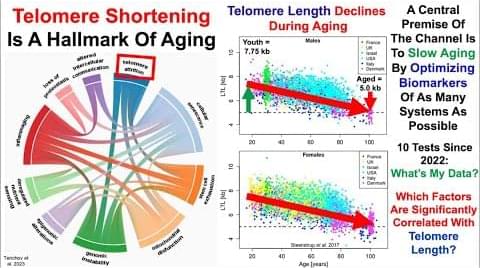
Join us on Patreon! https://www.patreon.com/MichaelLustgartenPhDDiscount Links: Telomere, Epigenetic Testing: https://trudiagnostic.com/?irclickid=U-s3Ii2r7x…
Dec 30, 2023
The LIFE-EXTENSION Doctor: “The ONE thing that’s increasing your chance of early-death by 170.8%!”
Posted by Chris Smedley in categories: bioengineering, biotech/medical, life extension

In this new episode Steven sits down with the physician and longevity expert, Dr Peter Attia. 0:00 Intro 03:26 What is your mission? 06:52 Medicine 3.0 14:51 When should we really think about diseases? 23:14 What role does trauma play in longevity? 47:24 The 5 health deterioration 50:16 Proof exercise is important 01:04:48 Body deterioration can be slowed down 01:08:38 How much exercise should we be doing? 01:14:03 The importance of stability 01:20:59 We’ve engineered discomfort out of our lives 01:26:29 Sugar 01:34:16 Misconceptions about weight loss 01:45:13 Alcohol 01:49:13 Sleep 01:52:35 Hormone replacement therapy 01:57:07 Hair loss 01:59:48 The last guests question You can purchase Dr Attia’s new book, ‘Outlive: The Science and Art of Longevity’, here — https://amzn.to/3FUD6ok Follow Dr Attia: Instagram: https://bit.ly/3rBMyJ7 Twitter: https://bit.ly/44DkrYF YouTube: https://bit.
Dec 29, 2023
Michael Levin | Evolution, Basal Cognition and Regenerative Medicine
Posted by Dan Breeden in categories: biotech/medical, evolution, life extension
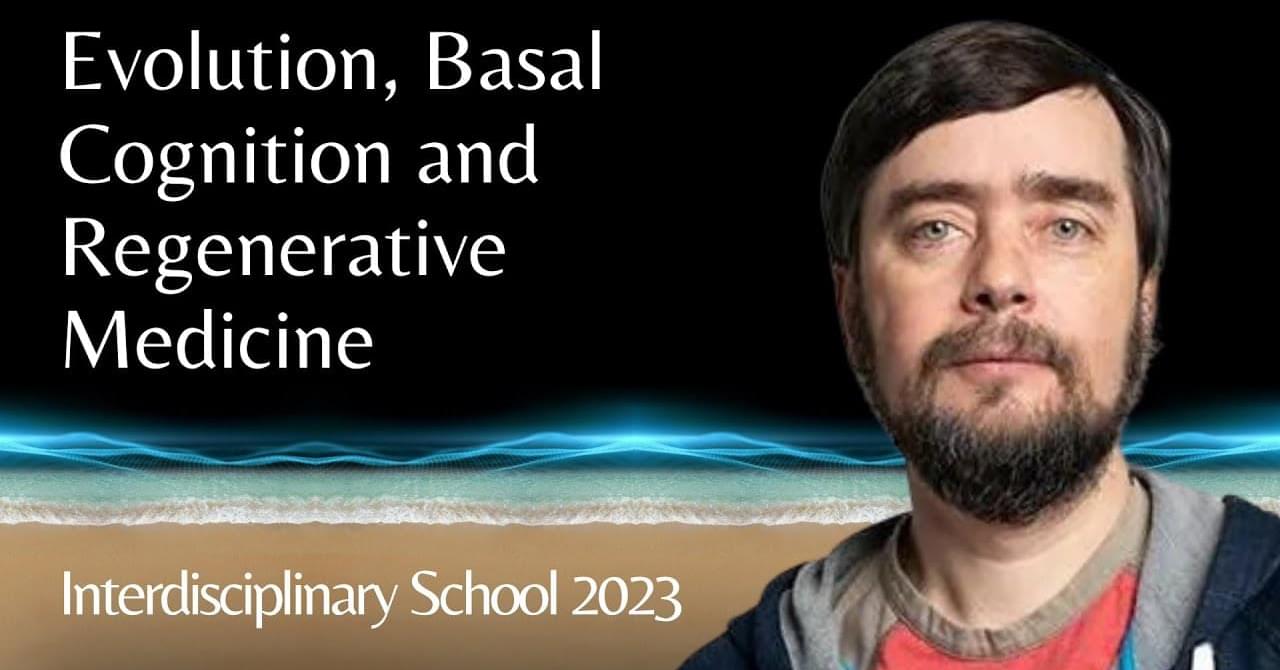
Talk kindly contributed by Michael Levin in SEMF’s 2023 Interdisciplinary Summer School: https://semf.org.es/school2023/sessions.html#S1TALK ABSTRACTEach of u…
Dec 29, 2023
Ray Kurzweil: Singularity, Superintelligence, and Immortality
Posted by Josh Seeherman in categories: life extension, Ray Kurzweil, singularity
For anyone impatiently waiting on Ray Kurzweil’s new book, I stumbled across this a couple nights ago: https://open.spotify.com/episode/5Ff72Dwb5jNMJ4ifP0zsTf?si=2…VBpSdd8_mg
Listen to this episode from Lex Fridman Podcast on Spotify. Ray Kurzweil is an author, inventor, and futurist. Please support this podcast by checking out our sponsors: — Shopify: https://shopify.com/lex to get 14-day free trial — NetSuite: http://netsuite.com/lex to get free product tour — Linode: https://linode.com/lex to get $100 free credit — MasterClass: https://masterclass.com/lex to get 15% off — Indeed: https://indeed.com/lex to get $75 credit EPISODE LINKS: Ray’s Website: https://kurzweilai.net Ray’s Books: The Singularity Is Nearer (pre-order): https://amzn.to/3BNXmGR How To Create A Mind: https://amzn.to/3qqlkBw The Singularity Is Near: https://amzn.to/3DfXP5z The Age of Spiritual Machines: https://amzn.to/3RSjtAX Danielle: https://amzn.to/3Bww2N7 Transcend: https://amzn.to/3RAEYGV PODCAST INFO: Podcast website: https://lexfridman.com/podcast Apple Podcasts: https://apple.
Dec 27, 2023
NIH study shows elevating NAD+ with NR supplementation effectively reduces inflammation
Posted by Shubham Ghosh Roy in categories: biotech/medical, life extension, neuroscience
Persistent chronic inflammation – also recognized as metaflammation or inflammaging – emerges as a consistent factor in ailing populations, in conditions correlated with age-related deterioration and even in ostensibly robust individuals. This phenomenon has been correlated with the onset of autoimmune disorders such as psoriasis and lupus, as well as chronic diseases including diabetes, cardiovascular disease, Alzheimer’s and Parkinson’s, among others. Investigations have substantiated that environmental and lifestyle variables such as smoking, a poor diet, physical inactivity and lack of or poor quality sleep can contribute to the perpetuation of chronic underlying inflammation.
Nicotinamide adenine dinucleotide (NAD+) is a critical coenzyme; vital for the functionality of all living cells, the preservation of intracellular NAD+ pools plays a crucial role in supporting cellular and metabolic processes. Key among these processes is the production of cellular energy, adenosine triphosphate (ATP), and DNA repair. Research indicates that a decrease in NAD+ levels is linked to compromised inflammatory responses and innate immune dysfunction. This implies that the levels of NAD+ may play a critical role in the operational efficacy of immune cells.
NR is an efficient NAD+ precursor; clinically proven to increase NAD+ safely and effectively it has become a popular supplement, and there is a growing body of clinical evidence demonstrating the anti-inflammatory effects of NR supplementation (either alone or in combination with other ingredients) for healthy, older adults, or those with inflammation-related disorders [4]. Indeed, NR supplementation has potential for more robust effects among the elderly and diseased populations as they tend to have compromised NAD+ and a higher inflammatory status.
Dec 25, 2023
New technology can rejuvenate and extend the life of old solar panels
Posted by Gemechu Taye in categories: life extension, solar power, sustainability

Developed at NTU Singapore, a new device can quickly rejuvenate and extend the life of old and new solar panels using heat and light.
Through an innovative use of heat and light, a new device developed at NTU Singapore can restore and extend the life of old and new solar panels.
